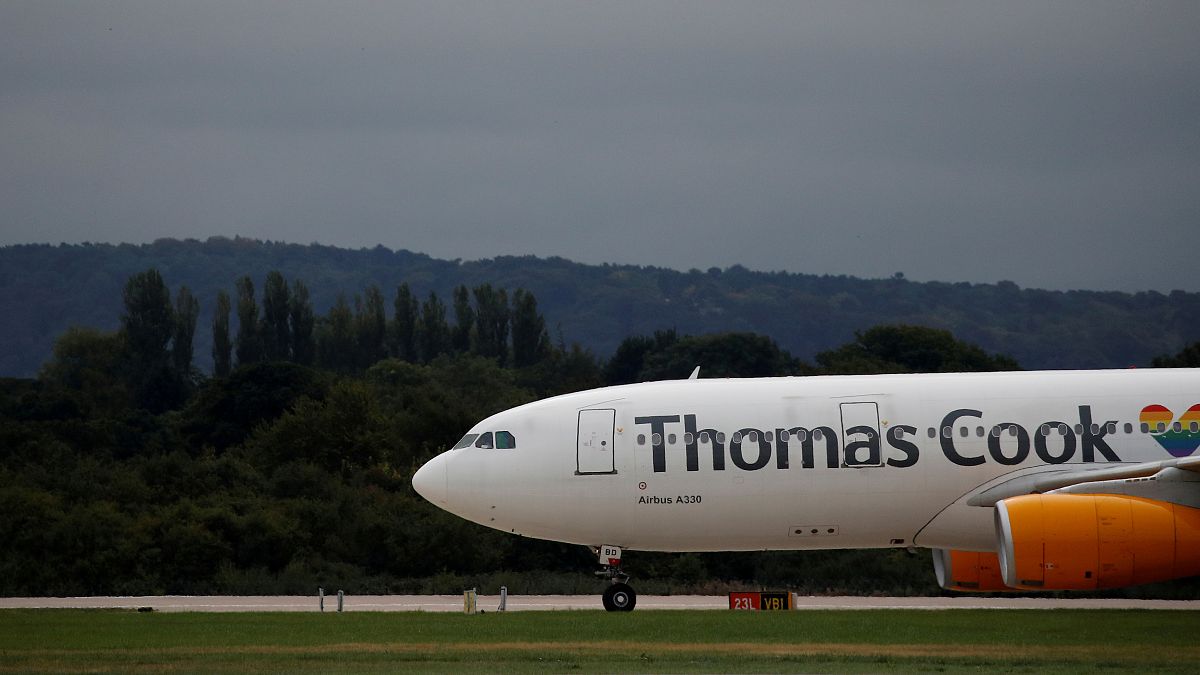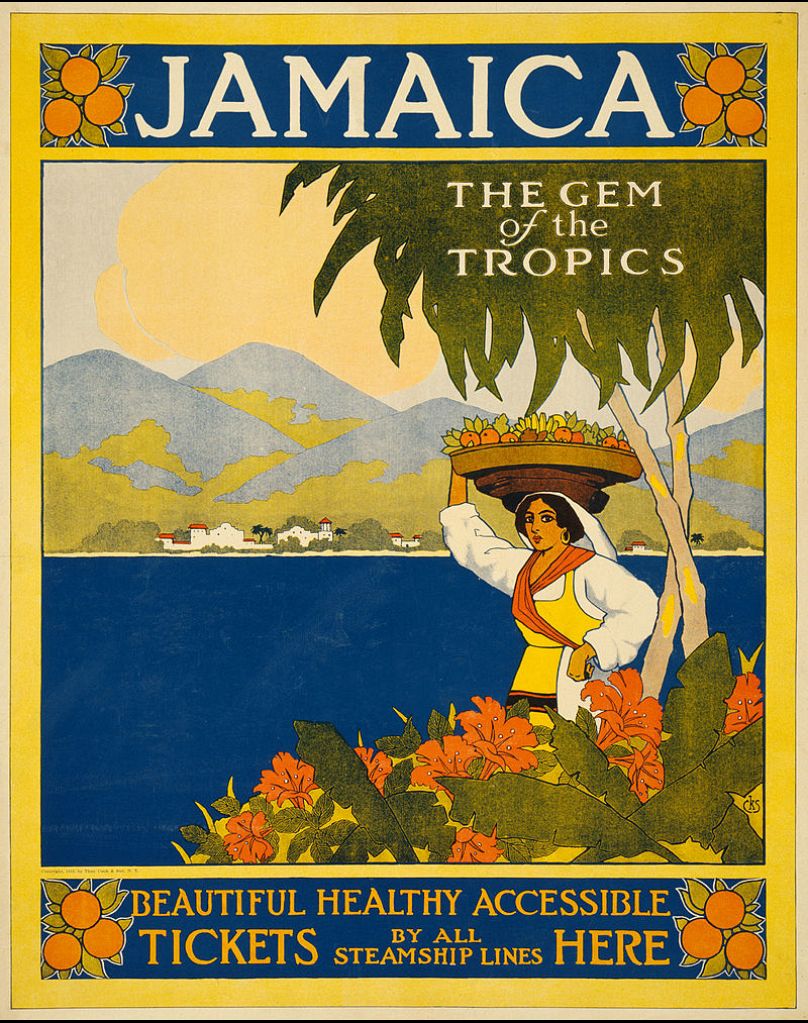One of Britain's oldest firms faces its biggest challenge yet.
Thomas Cook had two ambitions when he founded a travel company in 1841 - help Britons see the world, and keep them sober.
Cook, a 32-year-old cabinet maker, had the idea on the walk from his home in Market Harborough to a temperance meeting in Leicester. For the next meeting, Cook laid on a train, charging a shilling a head for the journey between Leceister and Loughborough.
Thomas Cook collapses, stranding 600,000 holidaymakers around the globe
It’s probably fair to say that Cook’s first ambition was an abject failure, but he certainly succeeded in his second. Thomas Cook became one of the biggest travel companies in the world, serving an estimated 22 million customers per year.
Almost two centuries later and 600,000 Thomas Cook customers have been left stranded overseas from as far as California and Caribbean, after the travel giant collapsed, failing to strike a deal with its investors, forcing it to enter administration.
Hit by a cocktail of high debt levels, online competition and geopolitical uncertainty, Thomas Cook needed to find another £200 million (€226 million) on top of a £900 million (€1 billion) package it had already agreed to see it through the winter months.
World War II
Throughout its history, Thomas Cook had its ups and downs. During World War 2 it was almost destroyed completely when its European arm was seized by the Nazis and its British operations requisitioned by the British government.
It remained in public hands until 1972, when it was bought by a consortium of banks and only just managed to survive the recession that battered the UK in the 1970s. It expanded its network of shops and in 1992 was bought by another consortium, this time from Germany.
In 2011, when Thomas Cook merged its UK retail operations with the Co-operative Group and the Midlands Co-operative Society it created the UK's largest chain of travel agents. Three years later it announced a new partnership with Chinese investment group Fosun International.
By May 16, 2019, Thomas Cook had issued its third profit warning in less than a year, saying discounting and higher fuel and hotel costs will hurt it during the peak summer season.
In August, it agreed a rescue package that would have seen Fosun Tourism take over its tour operations and creditor banks and bondholders acquire its airline.
But that rescue deal has now fallen through, and the company's collapse has sparked the largest peacetime repatriation effort in UK's history.



